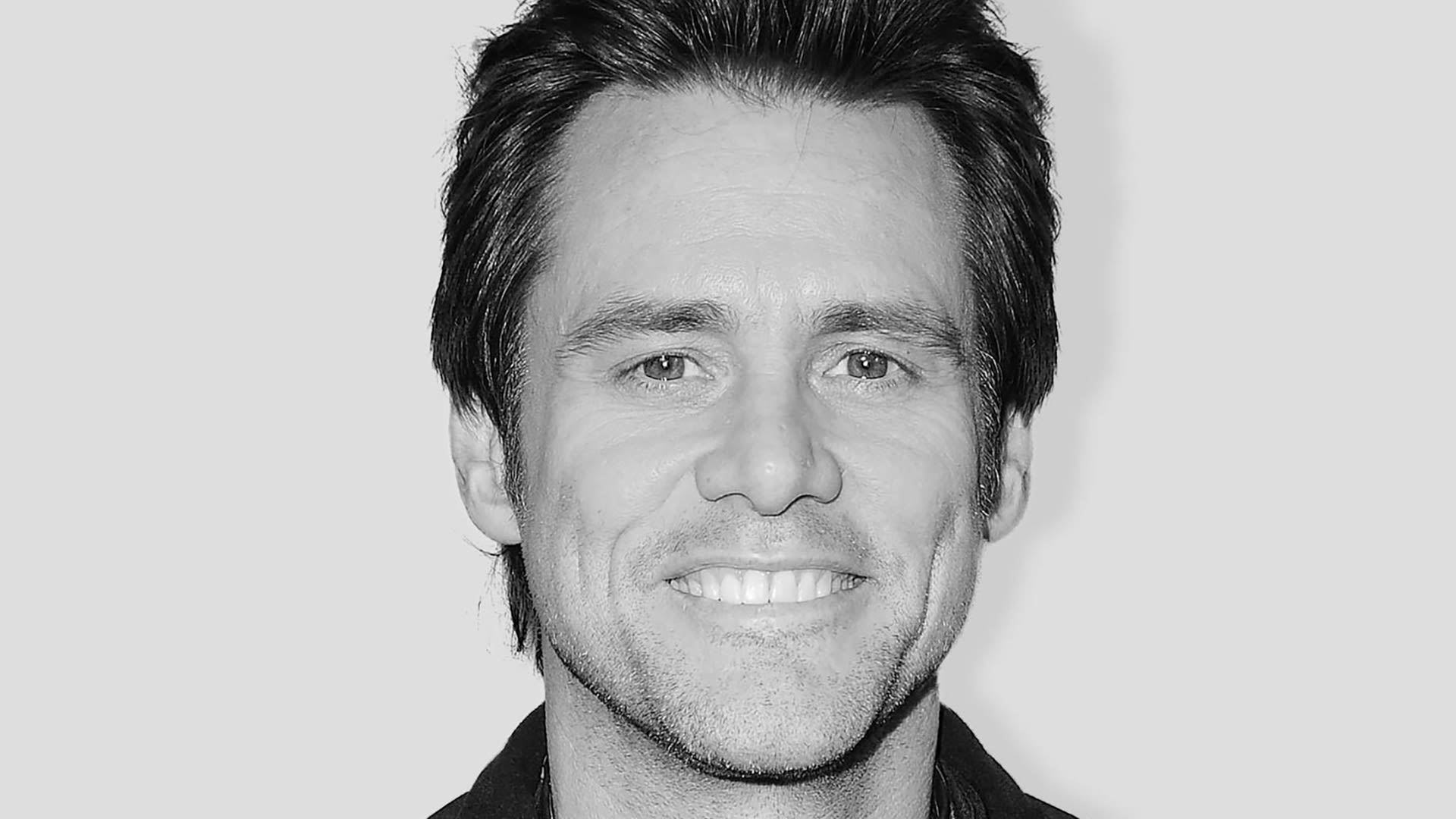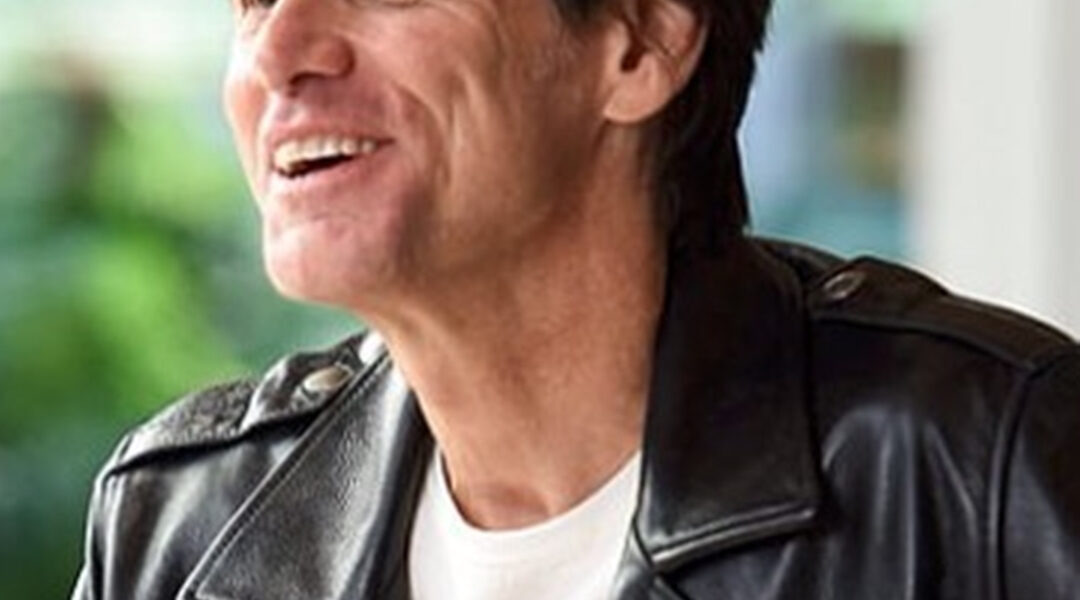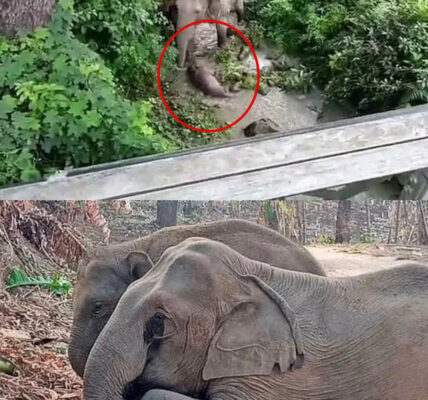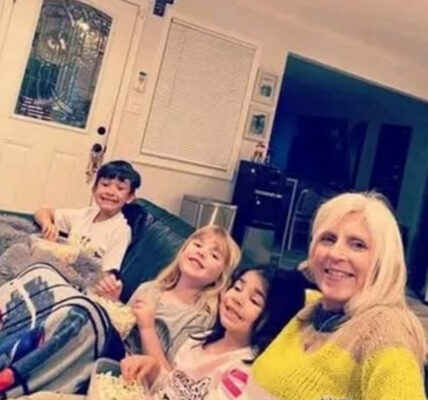
There’s a black-and-white photo of Jim Carrey that circulates from time to time. His expression isn’t the exaggerated grin we know from his movies. Instead, it’s quiet. His eyes carry the weight of someone who has lived through both laughter and loneliness, fame and silence. And beside it are words that strike deeper than any punchline he has ever delivered:
“Imagine struggling with being homeless and someone comes with a camera in your face to give you a meal… and you have to take it. Imagine that feeling. Please, stop doing that. If you go to help someone, do it with kindness and not your ego.”

It’s a message that forces us to stop scrolling, stop applauding “viral acts of kindness,” and actually think.
Because in today’s world, generosity is too often staged. Cameras switch on before the hand reaches out. A dollar, a sandwich, a bottle of water—placed not in someone’s hands first, but in front of a lens. The giver smiles, the video rolls, the internet applauds. But for the person receiving, there is no applause. There is only the raw sting of humiliation, the reminder that their suffering has been turned into someone else’s content.
What should have been a private moment of dignity becomes a public display. What should have been about humanity becomes about ego.
Carrey’s words peel back the truth: real kindness is quiet. It doesn’t need witnesses. It doesn’t need a filter, a caption, or a hashtag. The purest acts of compassion are the ones no one sees, because they were never about being seen in the first place.
Think about the courage it takes to be vulnerable, to accept help when life has already stripped away so much. Now imagine that moment being broadcast to millions of strangers, not to honor you, but to glorify the one handing you a plate.
That isn’t kindness—it’s exploitation dressed in charity’s clothing.

And yet, Carrey’s reminder isn’t just about homelessness. It’s about every time we help—or think we help—others. It’s about questioning our motives. Do we give because we want to lighten someone’s load? Or because we want to feel lighter about ourselves? Do we act for their need, or for our image?
True giving is unseen. It’s the quiet grocery bill paid without a word. The blanket left on a doorstep. The hand offered in silence, without expectation of thanks. It is respect. It is dignity. It is love without spotlight.
Carrey’s words ask us to return to the essence of compassion. To remember that when we give, we are not the main character. The one in need is.
Because kindness should not humiliate. It should not expose. It should not strip away what little pride someone has left.
It should heal. It should restore. It should remind the one receiving that they matter.
So the next time we reach for our phone before we reach for our hand, maybe we should ask ourselves: Am I helping them—or am I helping myself?
The truth is, the most powerful acts of love will never trend online. They live in the quiet relief of a hungry stomach filled, a shivering body warmed, a weary soul reminded they are not invisible.
And that—more than views, likes, or applause—is the only kind of kindness worth giving.




